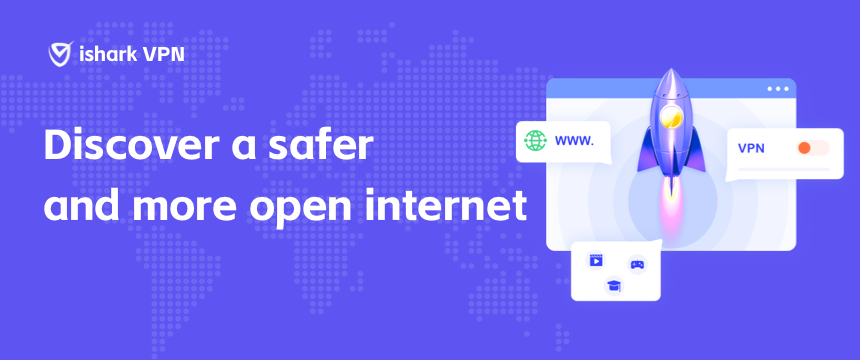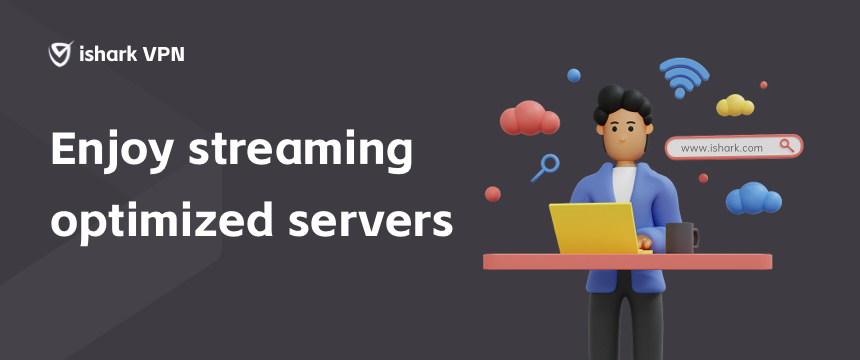VPN in the Travel Industry and Hotel WiFi Protection
ishark blog article
In modern travel, having access to the internet has become an indispensable requirement for travelers.
While on the go, people need to use public WiFi networks, especially those provided by hotels, to access information, stay in touch with family and friends, and manage work-related tasks.
However, public WiFi networks come with potential security risks, such as hacking and personal information leakage.
To ensure travelers' online security during their journeys, a Virtual Private Network (VPN) has emerged as an effective solution.
This article will delve into the security risks in the travel industry and hotel WiFi networks, highlight the importance and benefits of using VPN, and provide practical advice and tips for travelers to safely connect to the internet while on their trips.

Security Risks in the Travel Industry and Hotel WiFi Networks
Insecurity of Public WiFi Networks: Hotel-provided public WiFi networks are often open and unencrypted, making it easy for hackers to intercept users communication data, including usernames, passwords, and sensitive information.
Man-in-the-Middle (MITM) Attacks: In public WiFi networks, hackers can execute MITM attacks by setting up rogue WiFi access points and intercepting users communication data, posing a serious threat to users information security.
The Importance and Benefits of Using VPN
Encrypted Communication Data: Connecting to hotel WiFi using a VPN ensures users privacy by encrypting their communication data, making it unreadable to hackers.
Bypassing Geographical Restrictions: In some countries, governments may restrict access to specific websites and applications.
A VPN allows travelers to connect to servers in other countries, bypassing these restrictions and accessing blocked content.
Protecting Personal Privacy: VPN hide users real IP addresses, preventing hackers and internet service providers from tracking users online activities and safeguarding personal privacy.
Preventing WiFi Spoofing: VPN provide encryption protection, preventing WiFi spoofing attacks and ensuring users internet connections are not tampered with by malicious attackers.
Practical Advice and Tips for Travelers Using VPN
Choose a Reliable VPN Service Provider: Travelers should opt for certified and reputable VPN service providers, avoiding the use of untrusted free VPN services that may pose security risks.
Keep VPN Software Updated: Keeping VPN software up to date ensures it has the latest security patches and features, enhancing network security.
Review VPN Privacy Policy: Ensure the selected VPN service provider does not log users internet data to safeguard personal privacy.
Use Strong Passwords and Two-Factor Authentication: Set strong passwords for VPN accounts and enable two-factor authentication to enhance account security.
Disable Auto-Connect: Configure VPN software not to automatically connect to WiFi networks when not in use, preventing connections to untrusted networks.

Conclusion
In the travel industry and hotel WiFi networks, the application of VPN has become a critical means of ensuring travelers online security.
By using VPN, travelers can encrypt communication data, bypass geographical restrictions, and protect personal privacy while enjoying secure internet connections during their journeys.
However, travelers should choose reliable VPN service providers and regularly update VPN software to ensure network security.
Additionally, implementing extra security measures, such as using strong passwords and two-factor authentication, can further enhance the security of VPN usage.









